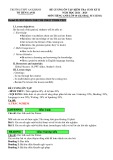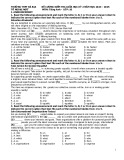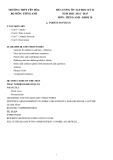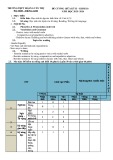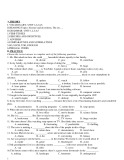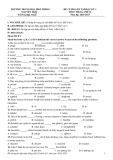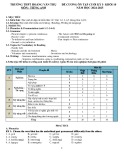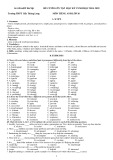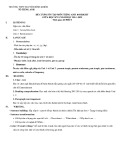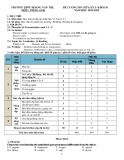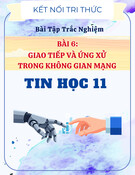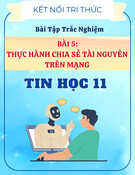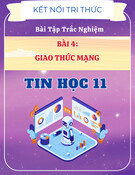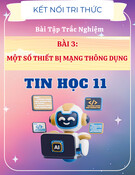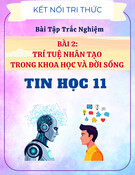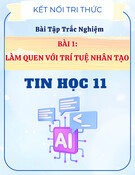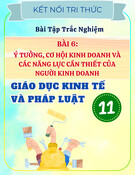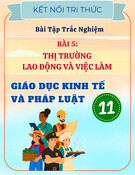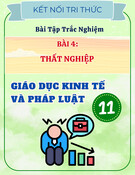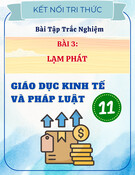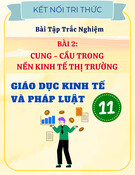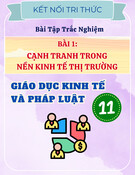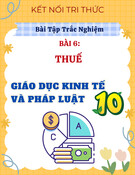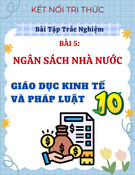
PHÒNG GD & ĐT BÌNH XUYÊN
TR NG THCS H NG CANHƯỜ ƯƠ
-------------------
CHUYÊN ĐÊ ÔN THI VÀO L P 10 MÔN ỚTI NG ANHẾ
M T S N I DUNG KI N TH C VÀ BÀI T P Ộ Ố Ộ Ế Ứ Ậ
TRONG Đ THI THPT VÀO L P 10Ề Ớ
H tên: Ki u Th Quy nọ ề ị ề
Đn v : Tr ng THCS H ng Canhơ ị ườ ươ
Năm h c 2021 – 2022ọ
1

CHUYÊN Đ ỀÔN THI VÀO L P 10 MÔN ỚTI NG ANHẾ
I. Tác gi chuyên đ, ch c v , đn v công tácả ề ứ ụ ơ ị
- Tác gi chuyên đ: Ki u Th Quy nả ề ề ị ề
- Đn v công tác: Giáo viên tr ng THCS H ng Canh – Bình xuyên – Vĩnh Phúc.ơ ị ườ ươ
II. Tên chuyên đề
M T S N I DUNG KI N TH C VÀ BÀI T P TRONG Đ THI THPT VÀO L PỘ Ố Ộ Ế Ứ Ậ Ề Ớ
10
Tr ng tâm ki n th c: ọ ế ứ
- Prepositions
- Phrasal verbs
- Word forms
- Connectors
- Structures
- Communication
- Error identification
III. Th c tr ng ch t l ng giáo d c c a đn v năm h c 2020 – 2021 môn Ti ng Anhự ạ ấ ượ ụ ủ ơ ị ọ ế
2

T ngổ
s HSố
TN
HS
không
đk thi
Số
HS
ĐK
DT
Số
HS
d thiự
Số
HS
đ vàỗ
tr nườ
g
chuyê
n và
tr nườ
g c pấ
3
Đi mể
trung
bình
theo
thang
đi mể
10
Số
HS có
đi mể
d iướ
trung
bình
Số
HS bị
đi mể
li tệ
X p th ế ứ
3

SL %
Huyệ
n
T nhỉ
4

223 5 218 218 140 4.96 114 51.1% 2
2 26
5

